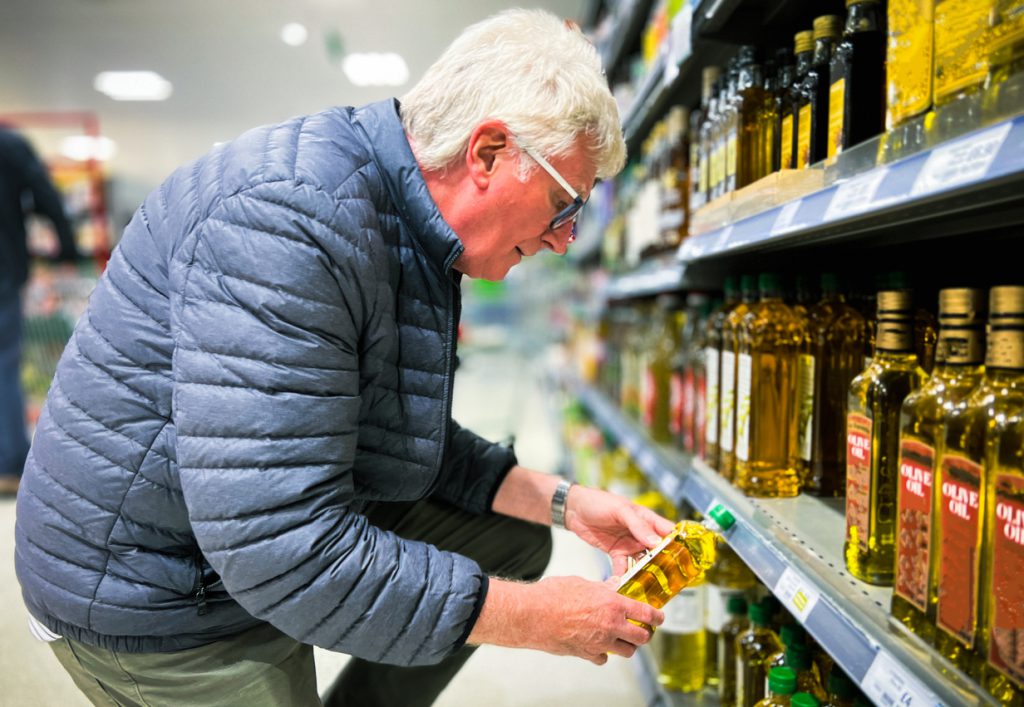COLA not even enough to cover increase in food prices
…despite €9.90 in 2023 and €12.81 this year

The Cost of Living Allowance (COLA) is failing to keep up the pace with inflation as not even the €12.81 weekly increase being awarded in 2024, will be enough to cover the additional expense incurred for food and grocery items.
According to a preliminary estimate based on an ongoing UHM Voice of the Workers price-monitoring study from three major supermarkets, households will still be in the red. It transpires that during the past two years, a household of four forked out an average of €927 over and above their previous expenditure due to price hikes. Assuming a prize freeze from now till the end of this year this additional expense will rise to €1,766 – which is the overall extra cost on groceries for 2022, 2023 and 2024.
On the other hand during the period under review the total cumulative increase in an annual salary as a result of COLA was €2,060. This increase incorporates the €1.75 for 2022, €9.90 for €2023 and €12.81 for 2024. However, the overwhelming majority of workers will not receive the full amount as COLA is taxable. Hence, those having a low-middle income who are taxed at 15% will get €1,751 which means that the increase in food prices alone will wipe out this pay rise. Hence, the will have to fork out from their own funds to cover additional price expenses such as house maintenance, clothes, medicines, educational material and services.
The situation gets even worse for middle-income earners as this category is taxed at 25% meaning they will only get an annual COLA increase of €1,545. In this case the amount is not enough to cover the additional grocery expenses and they end up in the red by €221.
UHM Voice of the Workers has been insisting for the last year that COLA should not be taxed as this is an unfair measure which is hitting hard low to middle income families. However, so far the government has ignored this call. Consequently, the impact of the COLA mechanism is being diluted.
From this study it also emerges that in just two years, the cost of grocery items from three large supermarket chains in Malta had risen by 17%, thus confirming that inflation is hitting mostly food prices. The figure is way in excess of the overall inflation rate which has been hovering around 5%.
It turns out that in a span of just two years a shopping basket for a family of four has increased by an average of €23.
